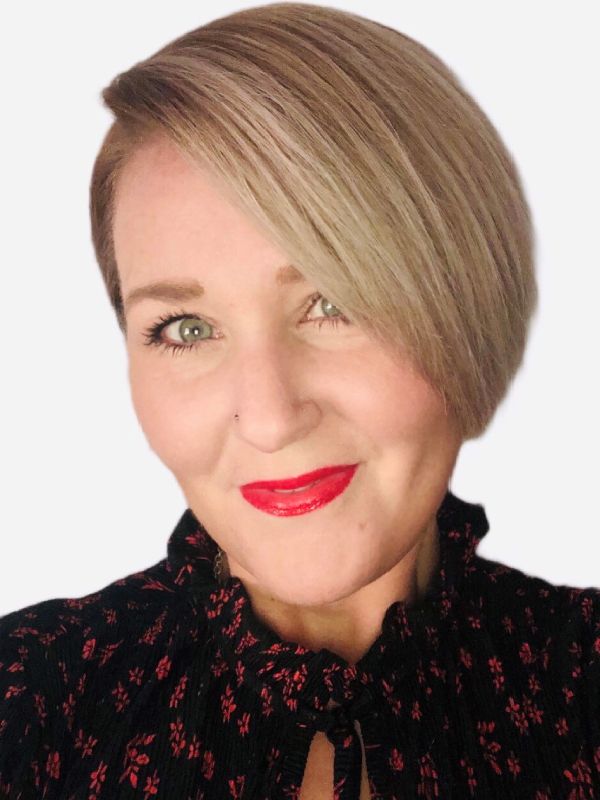Exploring the potential of an accessible appointment scheduling service
My Topol fellowship problem / project:
Patient engagement can be a challenge for many healthcare providers. How this is facilitated can have an impact on patient outcomes. For most, this is positive but there are increasing concerns that with increasing implementation and use of digital solutions within patient care this might not always be the case.
Outpatient appointments and the digital transformation of them are high on the national agenda. Like with all aspects of patient care, there is much to consider. For many patients the SMS or email notification received with the time and date is just the start. It’s like participating in the appointment version of the ‘Generation Game’ as they begin the process of co-ordinating the new appointment with others, remembering the location, what to take with them, what the format is and, if virtual, establishing from the patient handout advice whether they are equipped and, as a further memory test, who they are actually seeing! All that for one appointment!
Imagine then now, if this was a patient with communication needs.
These factors, whilst for many may have no or limited negative impact on their healthcare and health outcomes, may suddenly become overwhelming and impossible to navigate for those with any barriers to their communication.
This has the potential to have a negative impact on the patient’s engagement with their healthcare provider. Anxiety and confusion can quickly escalate to avoidance and withdrawal, all of which have the potential to lead to health inequalities with vulnerable patients becoming further disengaged or disadvantaged.
Technology can be creatively used in so many ways and so by being able to facilitate accessible and inclusive patient engagement, individuals can be empowered to actively take responsibility for managing their own healthcare. Therefore, my project will focus on exploring the potential of an accessible scheduling tool with multiple methods of displaying and inputting patient specific information such as, easy photo uploads for references and prompts, relevant clinician images assigned to an appointment, audio message recording for reminders, and other potential tools, to support and enable patients with barriers to communication to have increased control, autonomy and independence in their own healthcare management.
About me
I’m just an ordinary girl in a digital health world, leading digital transformation and clinical safety initiatives within an NHS HI environment. I have been an HCPC and Royal College of Speech and Language Therapists (RCSLT) registered clinician since 2007 and a digital practitioner since 2015. For the past 12 months my substantive post has been as Digital Health Clinical Lead at The Rotherham NHS Foundation Trust (TRFT) leading the implementation of virtual consultations in combination with being an accredited Clinical Safety Officer.
I’ve been fortunate over the last year to work within a supportive and innovative Digital Aspirant trust, engaging with local, national and global stakeholders, including CCG and ICS colleagues, through to the RCSLT, working as a clinical advisor for digital and co-authoring the Telehealth Guidelines as well as supporting the development of a clinical decision making tool for remote swallow assessments. This work resulted in an audience with HRH Countess of Wessex where I received recognition for my input into telehealth during COVID-19.
Additionally, ongoing collaboration with TRFT and Microsoft healthcare leads team and one of their official partners has led to working on developing a clinical waiting room for virtual consultations. This has been great experience and raised awareness and interest in the clinical use of MS Teams and the exploration of how this can be supported across the wider NHS and having been featured twice in their recent global news stories with a case study also being undertaken.
Digital Health evolves constantly and I’m excited to be starting a new role with NHSE & I as Digital Implementation Manager for the NEY. I’m also delighted to have been offered a contract of publication with Routledge for a forth coming book on telepractice for SLTs.
Video consultations, remote monitoring and peripheral digital solutions to enhance patient care and independent management are my passion, with a strong emphasis on the promotion of accessibility and inclusivity, through everyday awareness, innovation solutions and positive change.
I am hugely proud to be part of the second Topol Fellowship cohort and to continue to work with stakeholders at national and global level, with NHSX, D, E/I and Microsoft as well as local and regional stakeholders where technology is an enabler not disabler.
Digital health is multifaceted and as a digital diamond in the rough, I’m hoping to be able to use every opportunity to continue to virtually polish my skills as a digital aspirant, collaborator, solution architect, networker, idea innovator and thought reinventor!

